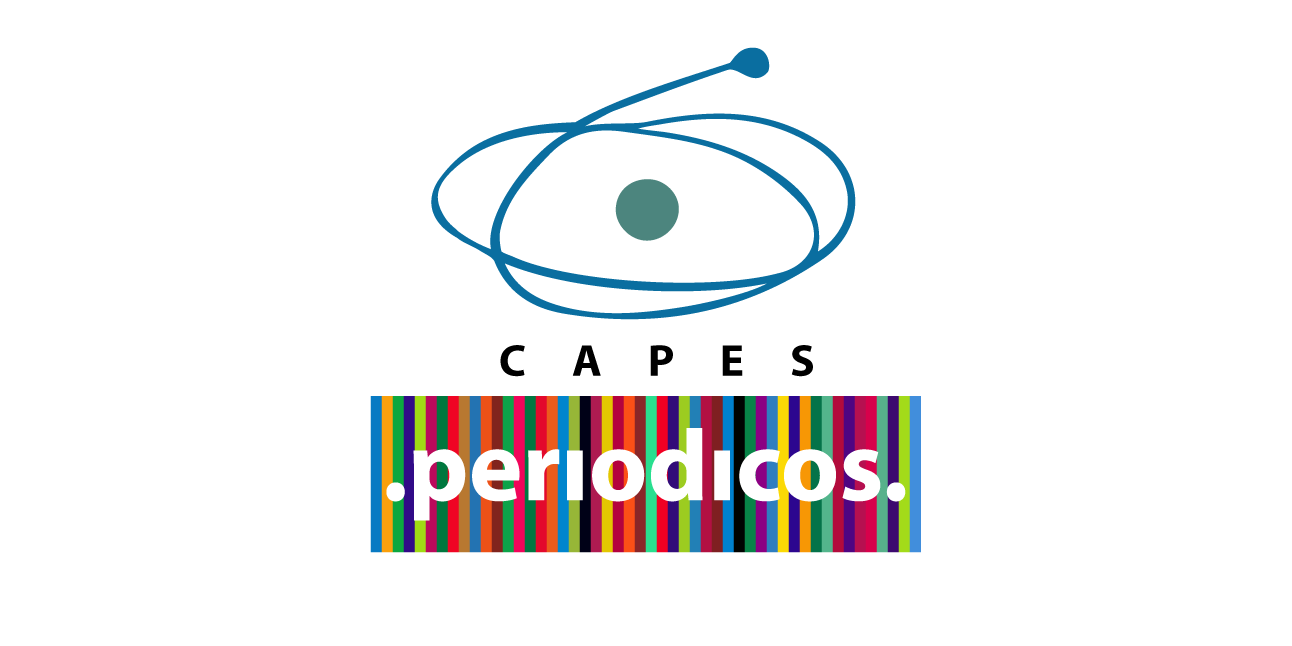Family Views and Tradition in Dionne Brand Writings
Keywords:
Diáspora, Família, Modernidade, Tradição, Diaspora, Family, Tradition, Modernity.Abstract
The article aims to discuss the family views and tradition in the works of the Canadian writer, born in the Caribbean, Dionne Brand. There are two main analyzed works: At the Full and Change of the Moon and What We All Long For. The approach consists of theoretical articles and books in the areas of post-colonial criticism and theory of contemporary diaspora, taking into account the fact that Dionne Brand is an immigrant and writer of these features deeply influence her writings. The analysis of the work will be done with a comparative and contrastive focus, thus studying the differences and similarities between the two works, and at the same time, establishing a connection between them. In the position of diaspora subject, Brand offers perspectives about the two cultures passed in and among them, placing them side by side, and making it a possible reflection and a question about what the links and what separates them. Analyzing the family concepts and tradition in these works you can see the role of traditional Caribbean values and family and how they are different, not only in Canada but in the modern society way of life. The modern and capitalists requirements end up giving great emphasis to the individual, interrupting the family tie and keeping away people from any idea of tradition.Downloads
Published
2008-10-27
How to Cite
Balbi, A. F., & Almeida, S. R. G. (2008). Family Views and Tradition in Dionne Brand Writings. Iniciação Científica Cesumar, 10(2), 119–128. Retrieved from https://periodicos.unicesumar.edu.br/index.php/iccesumar/article/view/624
Issue
Section
Artigos de Iniciação Científica
License
The Editorial Board is authorized to make certain changes in the original text to comply with bibliographical norms, orthography and grammar, so that standards in language and style may be maintained. However, the author´s style will be preserved. The concepts developed by the authors are their exclusive concern and responsibility.In case of approval, the e-mail of acceptance will contain a Letter of Copyright with authors´ name, personal data, and signature of all authors.






